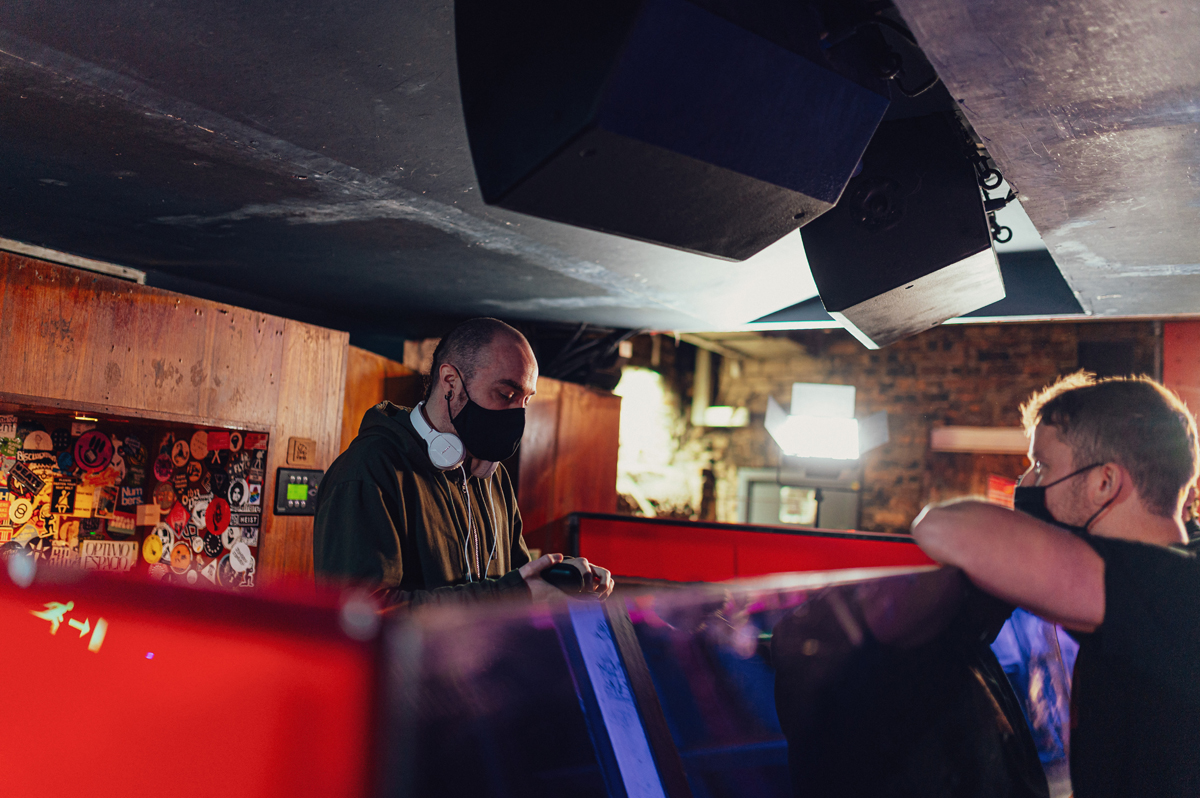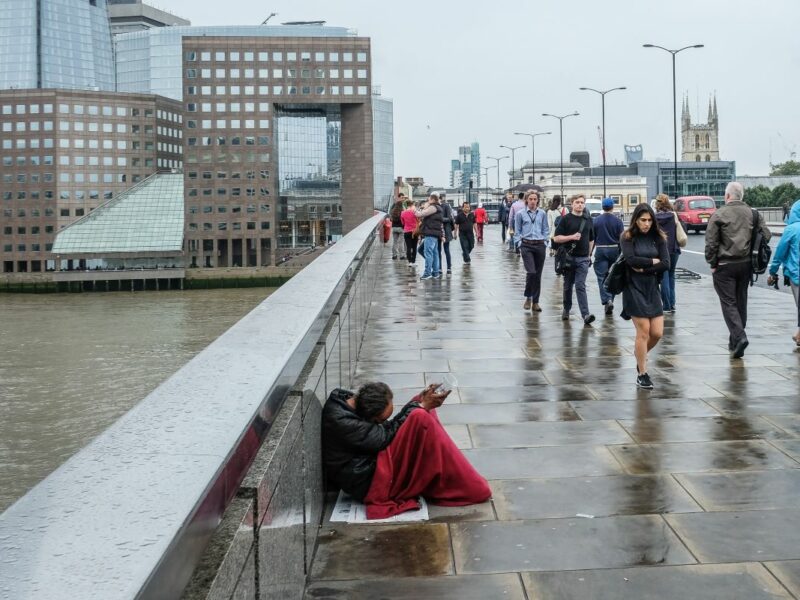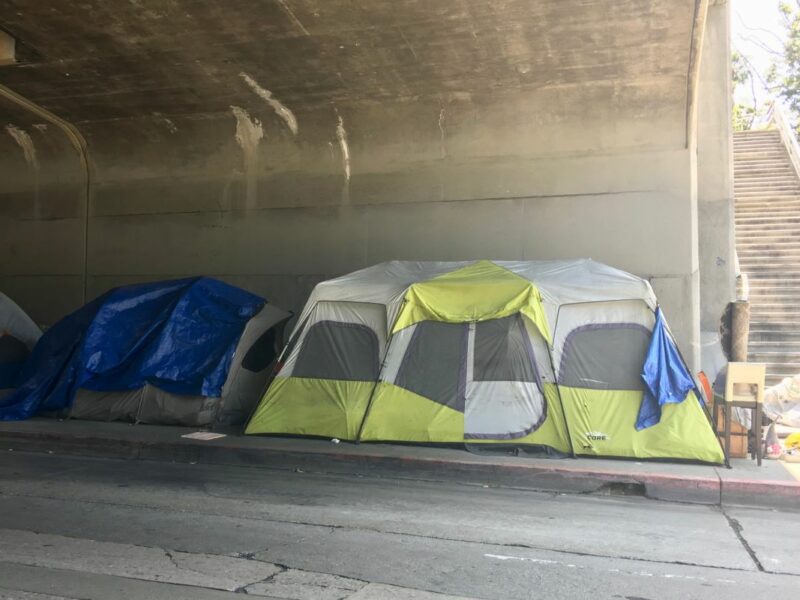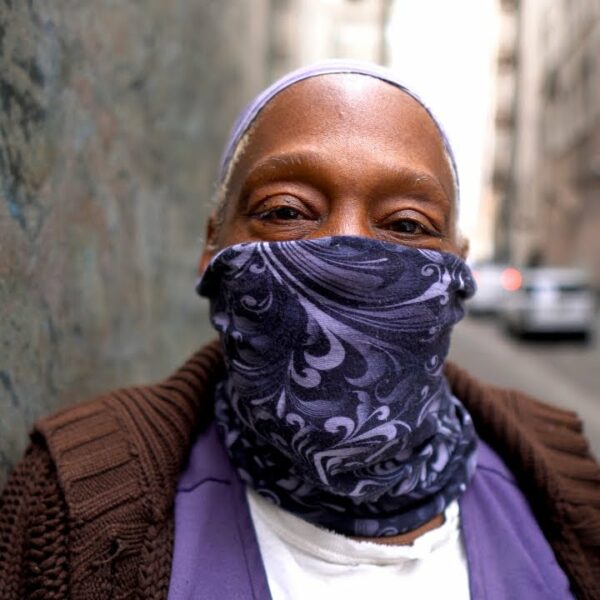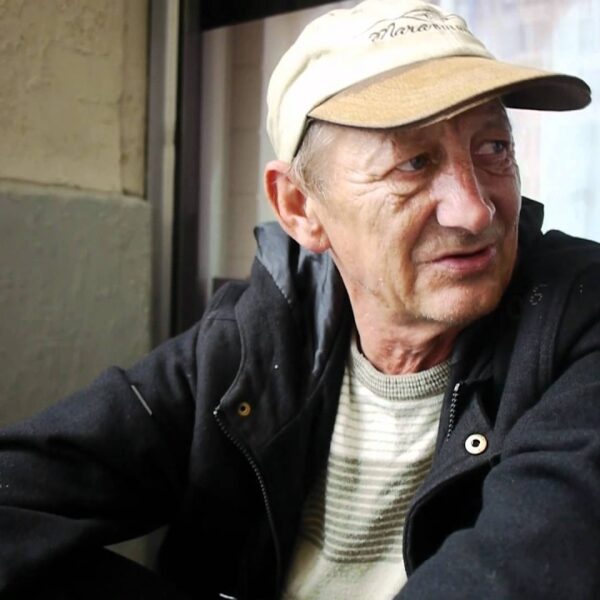Social Enterprise Turning the Tables on Mental Health and Homelessness
The British club scene is adrift in a sea of uncertainty thanks to the COVID-19 pandemic. But before the virus hit, the country’s love affair with beats, bass and — crucially — turntables was being trialed as a platform on which to base support for people experiencing homelessness.
The project, Turn The Tables, began in 2018 as a DJ workshop at Edinburgh’s Social Bite Village shelter, delivered by Robbie Tolson, a mainstay of the city’s dance scene who was volunteering. This proved popular, quickly becoming a weekly fixture.
Within a year the project had taken on a life of its own. The music community donated equipment and a venue, 4042 Edinbugh, offered free-of-charge for daytime practice. Those sessions in turn became gigs for real audiences, with participants forming a roster of resident artists available for bookings. To date these have included corporate events and club nights.
“I’d been struggling with my mental health for a few years, signed off from work and after sofa surfing I ended up down on my luck and effectively left to fend for myself. This led me to gain a place at the Social Bite Village, and Rob was a volunteer there running DJ workshops,” said 37-year-old Ryan, whose dedication to learning the art of blending tracks eventually led to a warm up slot ahead of The Shapeshifters at much-loved haunt, La Belle Angele. Around 1,000 people were in attendance.
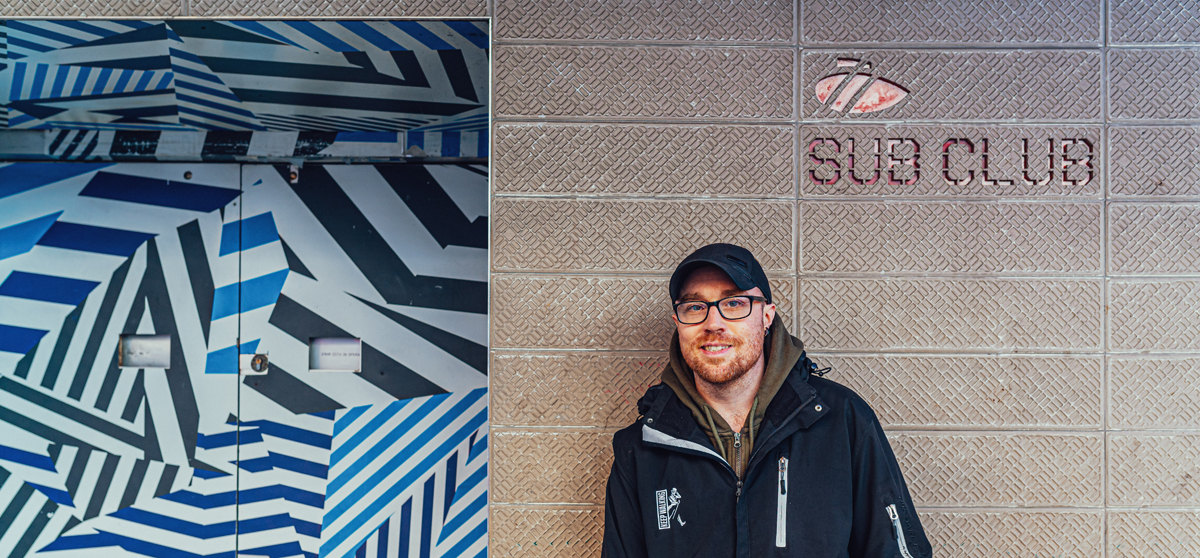
Ryan, Turn The Tables member
“I was really committed to getting good at DJing and Rob managed to get me some gigs, which was really nerve racking but such a good experience. I really felt my confidence come back,” he continued.
We asked for his take on the project, and what it taught him, aside from — as he puts it — ‘Mad DJ skills!’
“It gave me a focus every week, which gave me a more positive outlook on life, and resilience to help me overcome my situation. I realised how good creativity is for your mental health. I didn’t realise how creative DJing was until I got involved with the project. As nerve racking as the gigs were they helped me reconnect with a working environment in a fun, un-pressured way.”
In addition to the music side, Turn The Tables provides pastoral support and signposting for more everyday things like housing and welfare. These resources helped Ryan secure his own place after a long period of instability.
Having recently been awarded funding from public body Creative Scotland the model can now expand. This means the Edinburgh scheme will no longer rely on donations to survive, and a pilot project can launch in nearby Glasgow. For now, though, all engagement is limited to online group work as a result of the UK’s pandemic response and restrictions, something founder Tolson is quick to point out creates significant problems.
“It works in the respect that we’re becoming an online support group, but we lose our USP,” he said of workshop delivery during the coronavirus. They currently rely on Zoom and are therefore at the mercy of poor internet connections and damaged devices.
“They’ll have a laptop broken, and then that’s them done, and they can’t get another one. So then it became phone calls, and just meeting up and going for a walk back when that was allowed and that kind of thing. It’s just about trying to share music right now,” he continued.
“The guys would say things like ‘I’ve not listened to music in about a year’. You kind of don’t realise these things are taken away from them,” Tolson said when asked how participants first responded to the project. He then revealed his view that this kind of creative practice is overlooked as a means of reaching people when compared to other activities, such as sports or gardening. “In Edinburgh there are a lot of services for homeless people, vulnerable people, but they’re not 21st century skills. It’s all very traditional.”
Having been a DJ himself for over 20 years Tolson is clearly biased. But his claim mixing records can have real world benefits beyond honing deft DJ skills, playing a role in revealing wider potential, is grounded in evidence.
According to the World Economic Forum, creative thinking is considered one of the four most transferrable skills in business and is often cited as a major gauge of employability. Meanwhile, trying new things boosts self-confidence, as does performing to crowds. Having an artistic outlet is frequently linked to improved mental health and well-being.
“We can go to any city that’s got a big dance music, electronic music scene, and also a homeless problem, which is essentially every major city in the UK. And we start by just running small volunteering groups involving local DJs, building partnerships with stakeholders in the area until we can secure funding to expand in that place,” Tolson said of ambitions for the long-term future of Turn The Tables, before expounding on how eligibility also needs to expand.
“We started this inspired by people facing homelessness straightaway, but I kind of came to realise that we need to be much more preventative than just crisis management. So areas of multiple deprivation, where people are at risk of homelessness. And the main focus is mental health inequality,” he continued. “So we’re really focusing on social issues that would stop people from being in good mental health. So homelessness, poverty, refugees living in destitution – anybody who’s vulnerable.”
Tolson’s priority now is raising awareness about Turn The Tables, encouraging people to get in touch and partner on projects in new locations. Hence an open invite for individuals and organisations across the UK.
Naturally, he’s called on established faces within the dance scene to act as ambassadors and spread the word. The first of which is Matthew Benjamin, better known to many as Bushwacka!, a decade-spanning DJ and producer-turned-music-centred psychotherapist and co-founder of the Listen Up therapeutic practice.
After explaining that he once found himself on the brink of homelessness, he moves on to the significance of music in all our lives.
“It is a universal language, first and foremost. You don’t need anything to appreciate music,” Benjamin said, before going in to his thoughts on what projects like Turn The Tables really offer. “It’s about opening up opportunities for people who feel they’ve had all their opportunities taken away. You know, they go through a situation where perhaps they don’t have a roof over their heads, you know, for whatever the reasons that have led to that. But that doesn’t necessarily mean that they have to be excluded from the possibility of connecting through music somehow.”
Ryan certainly echoes those sentiments, reaffirming the idea that beat patterns, repetitive rhythms, loops and more can act as great levelers, helping engage people who struggle to engage with more formal activities, and plugging gaps for those who simply don’t have the opportunities they would like to get creative.
“Yes, it’s a universal language that brings people together. I could bond with someone my own age over a track we both knew from back in the day,” he said. “Tunes can impact you effortlessly, just by listening and being exposed to good music.”







